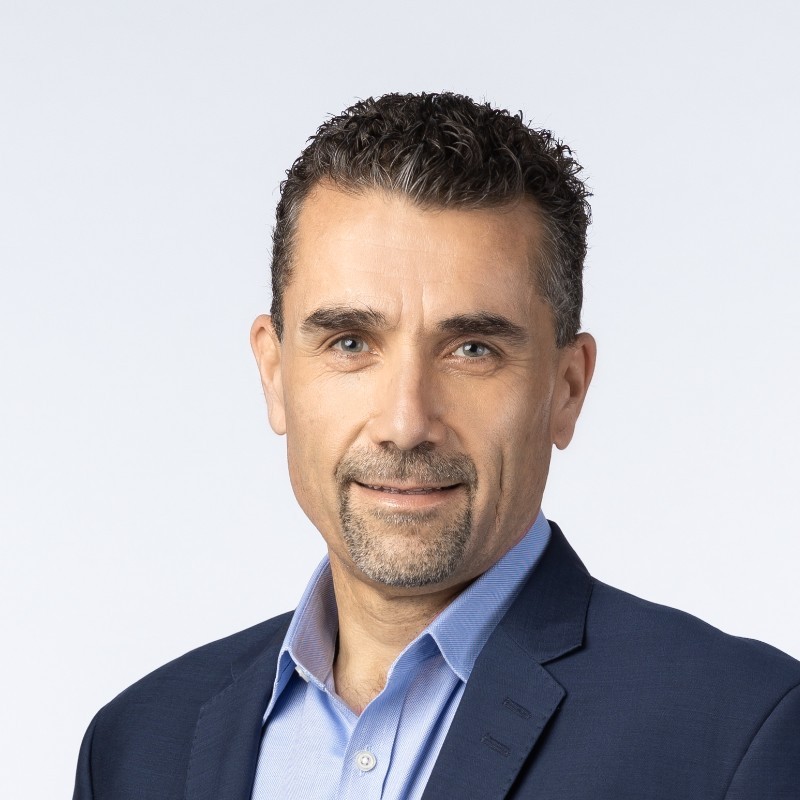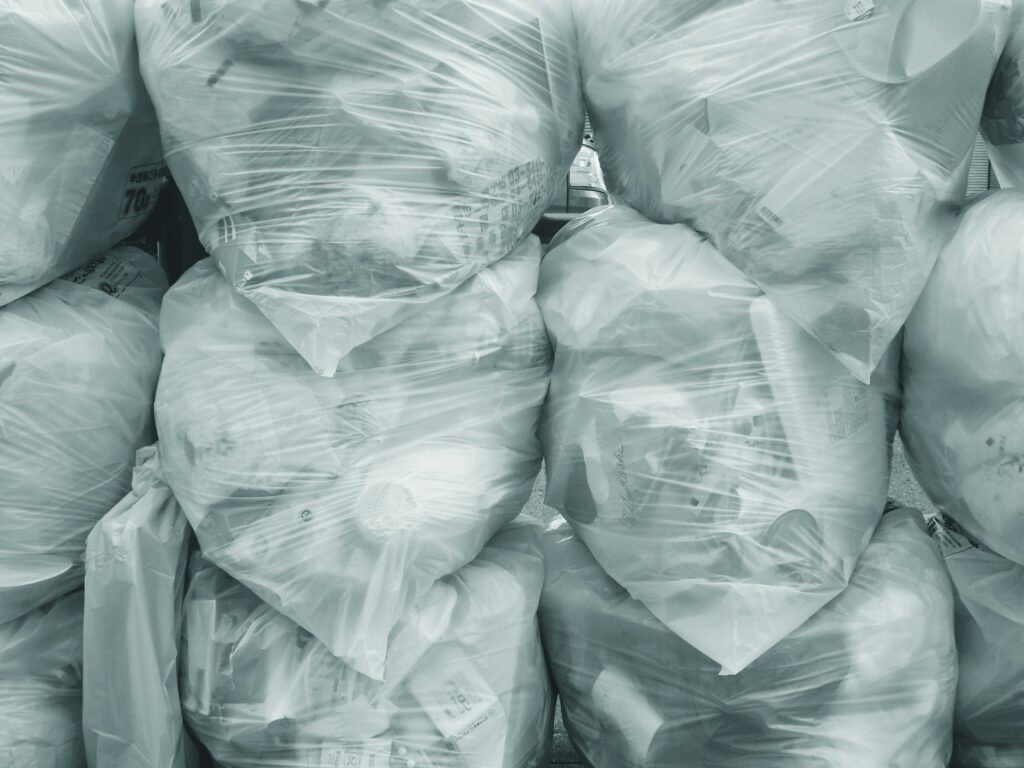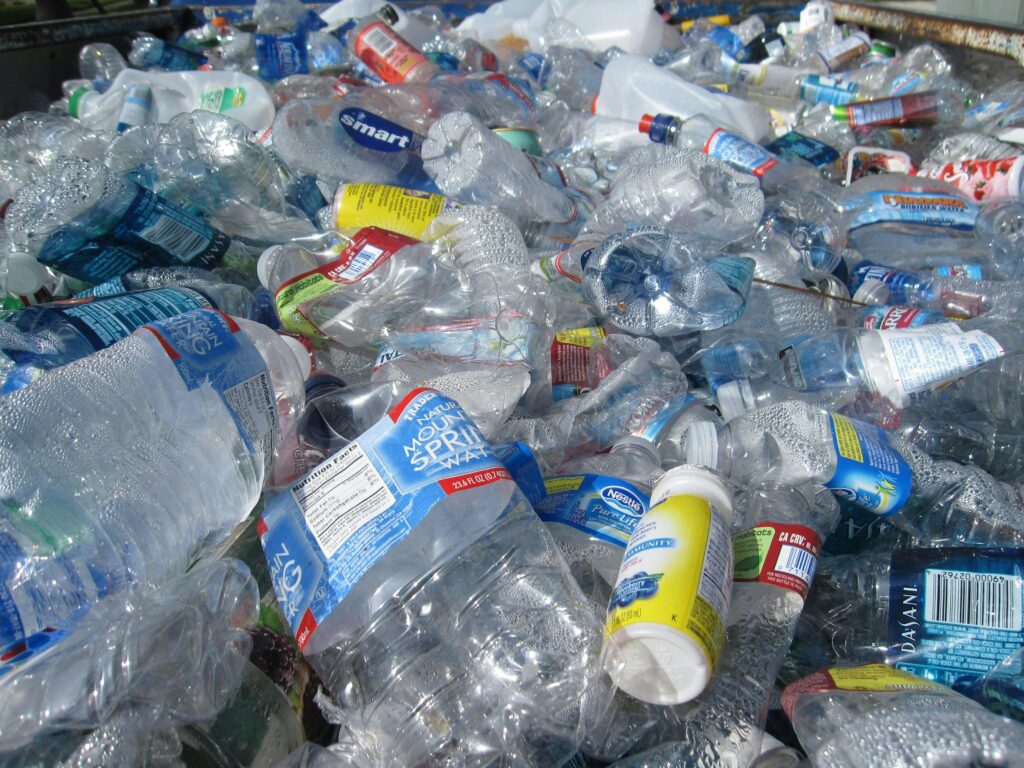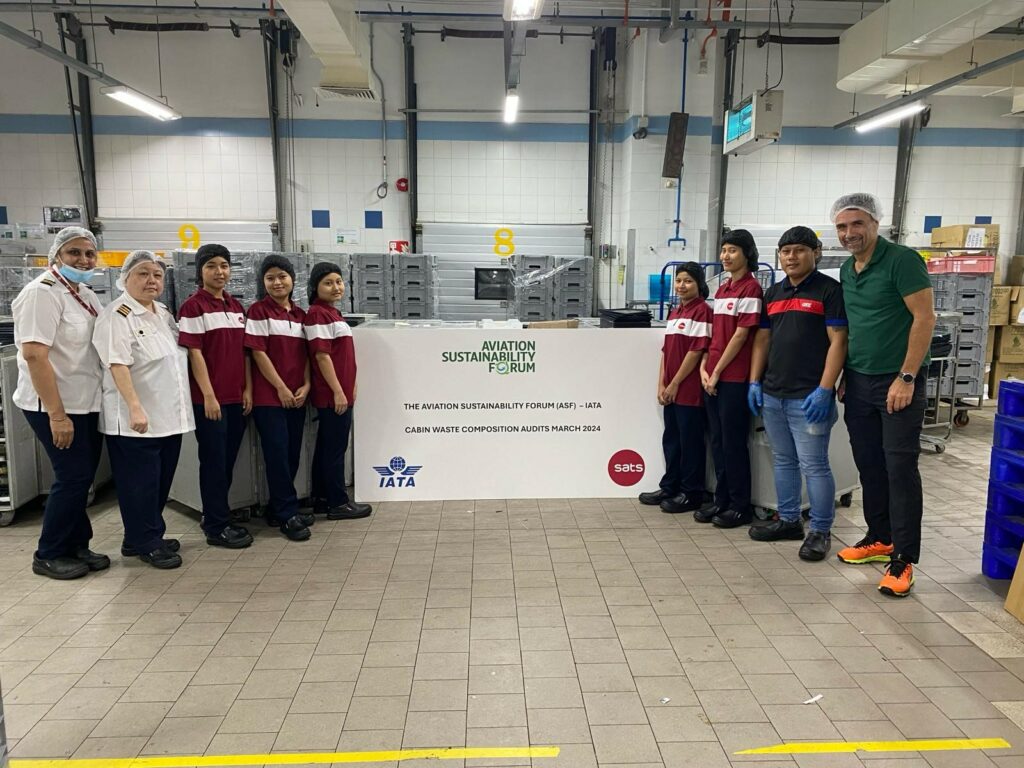Matt Crane is the founder of the Aviation Sustainability Forum and a Strategic Projects Lead at SATS, Asia’s largest aviation caterer and the world’s largest provider of cargo and gateway services.
About Matt Crane
A serial entrepreneur with over 20 years’ experience in the aviation sector, Matt built Monty’s Bakehouse from inception to its sale to SATS in 2019 to a leading supplier of sustainably packaged snack services to many of the world’s leading airlines.

The waste and sustainability concerns of many of Monty’s Bakehouse customers and the community of suppliers that provide the world’s airlines with the unique products and services that passengers enjoy today led to the formation of the Aviation Sustainability Forum in 2019.
The Aviation Sustainability Forum (ASF) is now working with IATA and leading airlines to re-set the sectors understanding of the amount and type of cabin waste aviation generates and using the data generated to develop waste recovery and circular solutions that benefit the entire sector and support IATAs campaign for International Catering Waste regulation change.
Please describe the role of the ASF, its work, and its vision for the future
The aviation sector has an ICAO-aligned target of being net zero by 2050. Given that all flights rely on fossil fuels to make its journey – this is a big ask for one of the world’s toughest sectors to abate. To put this into perspective, aviation currently contributes 2-3% of the world’s CO2e emissions and is currently a lower carbon contributor than many other industrial sectors.
But while other sectors continue to green-up, aviation may be lagging behind and unless big improvements are made, aviation could be as high as 20-25% of global emissions by 2050.
Aviation’s focus has therefore been on its biggest challenge – its reliance on the use of fossil fuels and the development of alternative and more sustainable aviation fuel (SAF).

Progress on cabin waste reduction – everything left behind by passengers from food and beverage (F&B) to galley waste, amenities and toilet bin waste – is falling behind and it is here that the ASF is assisting the sector in developing the solutions needed to reduce cabin waste and improve cabin waste recovery and circularity.
The ASF’s vision is for a new supply chain model for the manufacture, supply and disposal of the products and services that are served to passengers in all cabins on-board commercial aircraft. A supply chain where waste reduction and circularity are optimised and associated key KPIs are aligned across the supply chain for all stakeholders involved.
The ASF’s role is not to lead but to facilitate. It aims to provide the information and support the sectors needs to develop the solution pathways required for a more environmentally responsible and sustainable future for passenger products and services.

Please describe the aims and objectives of the Cabin Waste Composition Programme?
The development of solutions to both reduce the amount of cabin waste aviation generates as well as improve the separation of the waste generated and the identification of cost-effective circular solutions for waste disposal, require a thorough understanding of Cabin Waste Composition.
The last ‘Cabin Waste Composition’ audits were completed by IATA and Closed Loop in 2014. Much has changed since then including the introduction of new sustainable materials, and big shifts to the products and services being offered to passengers. There has also been growth and maturity of a completely new airline sector…Low-Cost.
The data from 2014 is now outdated, and as such, the ASF-IATA Cabin Waste Composition Programme will update and replace this with a much deeper understanding of the cabin waste problem.
Have you conducted audits in the past? And if so, what impact do you expect the results to have in driving a positive impact in the industry?
This is the first time the ASF has conducted audits of this kind and we have done so with the support of IATA, to ensure our work is a build and improvement on the audit programme completed in 2014.
The ASF-IATA Cabin Waste Composition Audit Programme began in November 2023. Audits of this kind and depth are complex and need to be conducted at speed to ensure disruption to the caterer off-load and replenishment processes are minimised. These are often time-critical due to galley equipment turnaround.
A small number of audits were completed in November 2023 to identify and document the optimal audit process, as well as the key modules of a data collection and report generating tool to allow audit data to be quickly turned into an audit report with associated photographs of waste captured. The full audit programme will be completed in March 2024.

The results will be released at World Travel Catering & Onboard Services Expo (WTCE) in May, along with a keynote address at Taste of Travel Theatre. We expect the results to be an important milestone for all airlines, caterers, and product suppliers and that they will act as a rallying call for the sector to engage and begin the process of developing the solutions needed.
Preliminary findings from the ASF-IATA audits completed so far suggest that the level of food & beverage waste seen in 2014 has not diminished and may even have increased. The amount of cabin waste generated by the sector is in the millions of tons per annum and this cannot continue – it is also a financial burden on the profitability of airlines and catering companies.
The 2014 IATA audits estimated that F&B waste alone costs the aviation industry USD$5-6bn a year and the disposal of this waste costs USD $0.5bn. These numbers are huge and should be enough motivation on their own to encourage supply chain stakeholders to engage with each other, capture and share the savings to be taken and in doing so benefit the environment.
Please give an overview of the ASF’s Taste of Travel session at WTCE, including the key themes and focuses
The audit results will be presented by the AFS at the Taste of Travel keynote address at 14.30 on Tuesday 28th May. In doing so, the aim is to re-set the sector’s understanding of the Cabin Waste problem statement through a robust set of data, on which solutions can be developed.
The ASF will be joined by a panel of leaders within the sector. Taken from airlines, caterers, and governing bodies, the panel will explore both the immediate and long-term solutions that the sector can adopt.
We will explore regulation change, the cabin and airport of the future, and the role that product suppliers, caterers, airlines, crew, airports, and waste management operators must take on to ensure that cabin waste is reduced, and waste circularity is optimised. Commercial tensions within the supply chain, currently a barrier to improvement, will also be openly discussed.

Please describe the ASF’s prior relationship/partnership with WTCE
The ASF was formed in late 2019. Subsequently, the COVID-19 Pandemic had a significant, positive impact on inflight and caterer perception of the importance of offering airline passengers sustainable products and services onboard. Recent IATA surveys indicate that waste and sustainability remain top of the agenda for both passengers and airlines.
WTCE has embraced this trend and consistently sought to ensure that sustainability is well represented at each Expo from 2021 onwards. Additionally, WTCE has been an advocate of the ASF’s work which has been extremely valuable in giving the organisation a voice, particularly as the ASF currently operates as a not-for-profit enterprise.
If you’re interested in learning more about the ASF or its Cabin Waste Composition Programme, please visit Taste of Travel Theatre at WTCE or the Ambassador Lounge.
